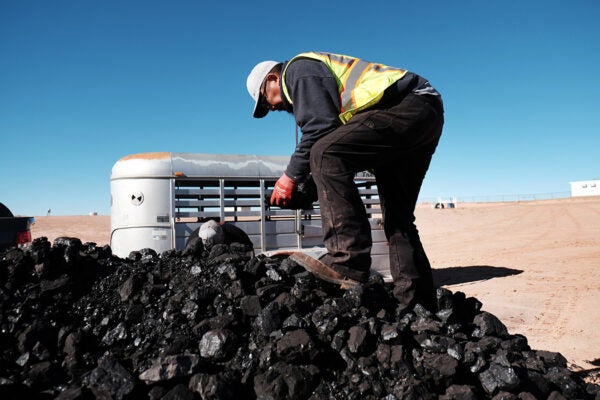The Development of Central American Film
A new collection of essays examines the reasons behind the recent boom in feature and documentary film-making from Belize to Panama.
Cabinet of Curiosities
When All the English Had Tails
Where did the myth that English men (and probably women) were hiding tails beneath their clothing come from? And what was that about eggs?
Annotations
Webster’s Dictionary 1828: Annotated
Noah Webster’s American Dictionary of the English Language declared Americans free from the tyranny of British institutions and their vocabularies.
Read Before You Go
Life in the Islands of the Dead
Though part of the mainland county of Cornwall, the Scilly Islands offer visitors an encounter with history and the environment like no other.
Suggested Readings
Rice, Famine, and the Seven Wonders of the World
Well-researched stories from Atlas Obscura, Yale Environment 360, and other great publications that bridge the gap between news and scholarship.
Most Recent
The Diverse Shamanisms of South America
In Brazil, Indigenous people and city-dwellers of all backgrounds mix various shamanic practices, including rituals imported from North America and elsewhere.
Time in a Box
Humans like to seal collections of ephemera in containers that they then hide in soon-to-be-forgotten places. Whither the time capsule?





































